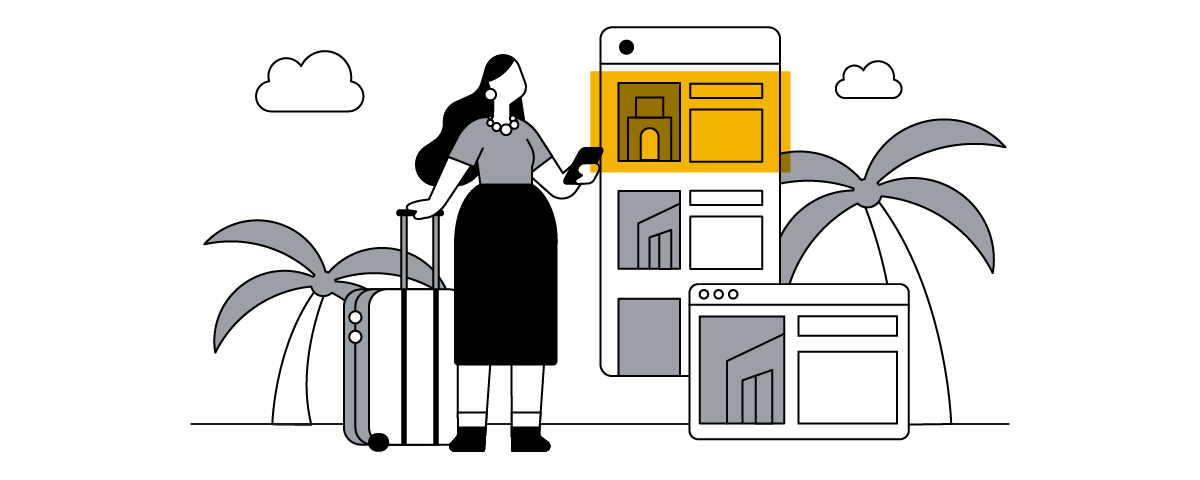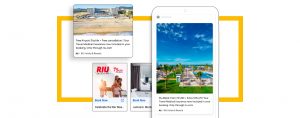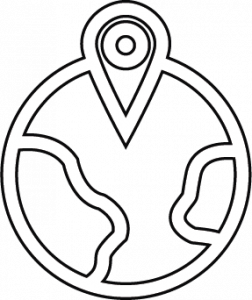“Premium ads” to reach “premium customers”: how RIU Hotels doubled its sales

When a business is based on high-value products, such as vacations at a Caribbean resort, the way to reach your ideal customers must be as fine-tuned as possible. This represents an added challenge to the efforts that the tourism sector has had to face in recent years throughout the world, and which is expected to begin to recover its pre-pandemic state in 2024.
With this premise of exploring new territories to reach valuable customers with high conversion potential, the Spanish hotelier RIU decided to redirect its lead search strategy proactively. This is how, together with the proprietary AI (Artificial Intelligence) technology of their partner Making Science, they managed to double their sales by relying on automation and their own data.
Premium channels: where the ideal customer is waiting
Until now, RIU’s strategy to attract guests from the United States to its resorts in the Caribbean involved waiting for the customer to reach them through the most common optimization process in the hotel industry, based on availability searches, known as ‘look to book’. It is the first step of the purchase funnel and, therefore, it is a fairly frequent event although with a low conversion rate.
With the shift in focus, the marketing team decided to stop waiting to be discovered and go out to meet their high-value customers. Their goal was to make those availability searches as valuable as possible—in other words, as likely to end up as a sale.
To do this, together with the technologies developed by Making Science and Google, a strategy based on marketing campaigns was chosen: Discovery. This system allows for the dissemination of personalized ad experiences in the different Google feeds, reaching a large number of ideal customers who have already demonstrated certain interests and consumption habits.
“RIU created a new ad experience that generated demand, allowing them to multiply their conversion rate by 1.5.”
Discovery campaigns are automatically promoted across multiple Google platform feeds, reaching the right people at the right time. That is, users who, due to their history of interests, are high-value potential customers because their favorite content is in line with the advertised product. The potential customer finds these ads by browsing their favorite content in their Home and ‘watch next’ feeds on YouTube, in Discover, and in the ‘promotions’ and ‘social’ tabs of Gmail.
Through native, visually powerful ads aimed at a very specific audience target, RIU created a new ad experience that generated demand, instead of waiting for users to show their interest or need through a search. This allowed them to multiply their conversion rate by 1.5.

Think with Google
Examples of RIU’s native ads for their Discovery campaigns.
Technology to get the most out of your own data
Many companies will identify with this handicap: not having a sufficient sales volume to gather data that allows them to optimize their digital marketing campaigns using machine learning. This is common, for example, in brands focused on the premium or luxury sector, or in those that are in an initial phase of the business. This was the case of RIU’s resorts in the Caribbean, whose average shopping basket value is high, as it mostly consists of “all-inclusive” vacation products and long stays.
To solve the lack of data related to reservations, RIU found Making Science its ideal technological ally. Its artificial intelligence technology, Gauss Smart Advertising, is integrated into the Google suite and is supported by its own data to make real-time predictions of the highest-value customers. RIU’s data included things like the average price of clients’ reservations or the percentage of searches that turn into reservations.
This type of historical data is collected by companies with the explicit consent of their customers through interactions on their website or app, in response to emails, loyalty programs, or any other marketing initiative. Unlike third-party data, only the company has access to its own data. Hence its great value. Analysis, screening, and refinement of this data allow analysts to train an automation model that can help estimate the expected average value of a new customer.
The Making Science solution made this information reach digital marketing platforms in real time, which allowed RIU Hotels to design more efficient and optimized smart bidding strategies.
Smart Bidding Strategies in Discovery: A Success Experiment
The model developed by Making Science for RIU proposed integrating its technology with a strategy of smart bidding on their Discovery campaign ads. These types of bid strategies use machine learning algorithms trained on a large volume of data to make more reliable predictions about how using different bid values would impact the number or value of conversions.
In this case, they opted for a smart bidding strategy in the beta phase within Discovery as an ROAS objective, whose algorithm is based on machine learning, fueled by a high volume of conversions in order to achieve optimal performance.
In order to assign an average value to each lead, they designed an optimization model based on micro conversions of the leads from these sales, that is, from searches for hotel availability to book (look to book). This allowed RIU to reach more qualified customers, more than doubling its revenue from bookings and multiplying its return on advertising investment by 2.3

According to Eugenio Pino de Juana, Director of Direct Sales at RIU Hotels & Resorts,
“the use of our own data allowed us to align our marketing campaigns with our business objectives in [our] premium inventory, feeding smart bids with the real value that each lead has on our business, and significantly expanding our sales and profitability.”
What started as an experiment has become a long-term model that allows the hotel chain to identify qualified clients for its business, in a totally new and premium territory such as the use of target ROAS bidding in discovery campaigns. The success of this strategy for its resorts in the Caribbean has led RIU to plan to implement the same strategy for the rest of its accommodations throughout the world.
Check out the video case study here, or:






 Cookie configuration
Cookie configuration